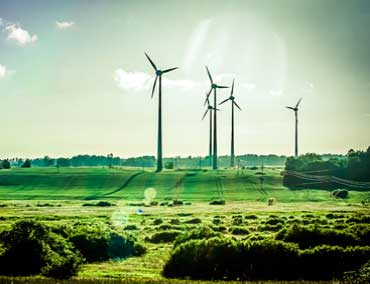“Environmental conservation” refers to the process of aiming to protect and create a good environment for both living beings and humans. This involves reducing the amount of local waste, conserving energy, creating green spaces, improving air quality, enhancing water supply, and planting trees, among other efforts. These actions aim to provide a suitable environment for current and future life and development in the long run.
Environmental conservation is crucial for several reasons:
- Biodiversity Protection: Conserving the environment helps protect diverse forms of life, such as endangered species and the genetic diversity of plants and animals.
- Resource Preservation: Environmental conservation reduces the use of natural resources like water, oil, and raw materials, helping to sustain these resources for the future.
- Reducing Pollution: Environmental conservation efforts reduce emissions and pollutants from factories, vehicles, and various activities, lessening their impact on humans and other living beings.
- Enhancing Quality of Life: Conservation efforts improve the overall quality of life for humans by ensuring clean air, clean water, and green spaces for relaxation.
- Addressing Climate Change: By reducing greenhouse gas emissions, environmental conservation helps mitigate the impact of climate change and promotes investment in environmentally friendly structures.
Environmental conservation is not just the responsibility of governments and large organizations; it’s a responsibility shared by everyone in society to collaborate in creating a sustainable and high-quality living environment for the present and the future.

